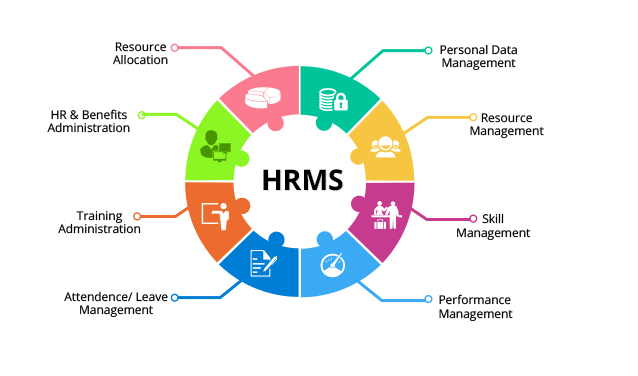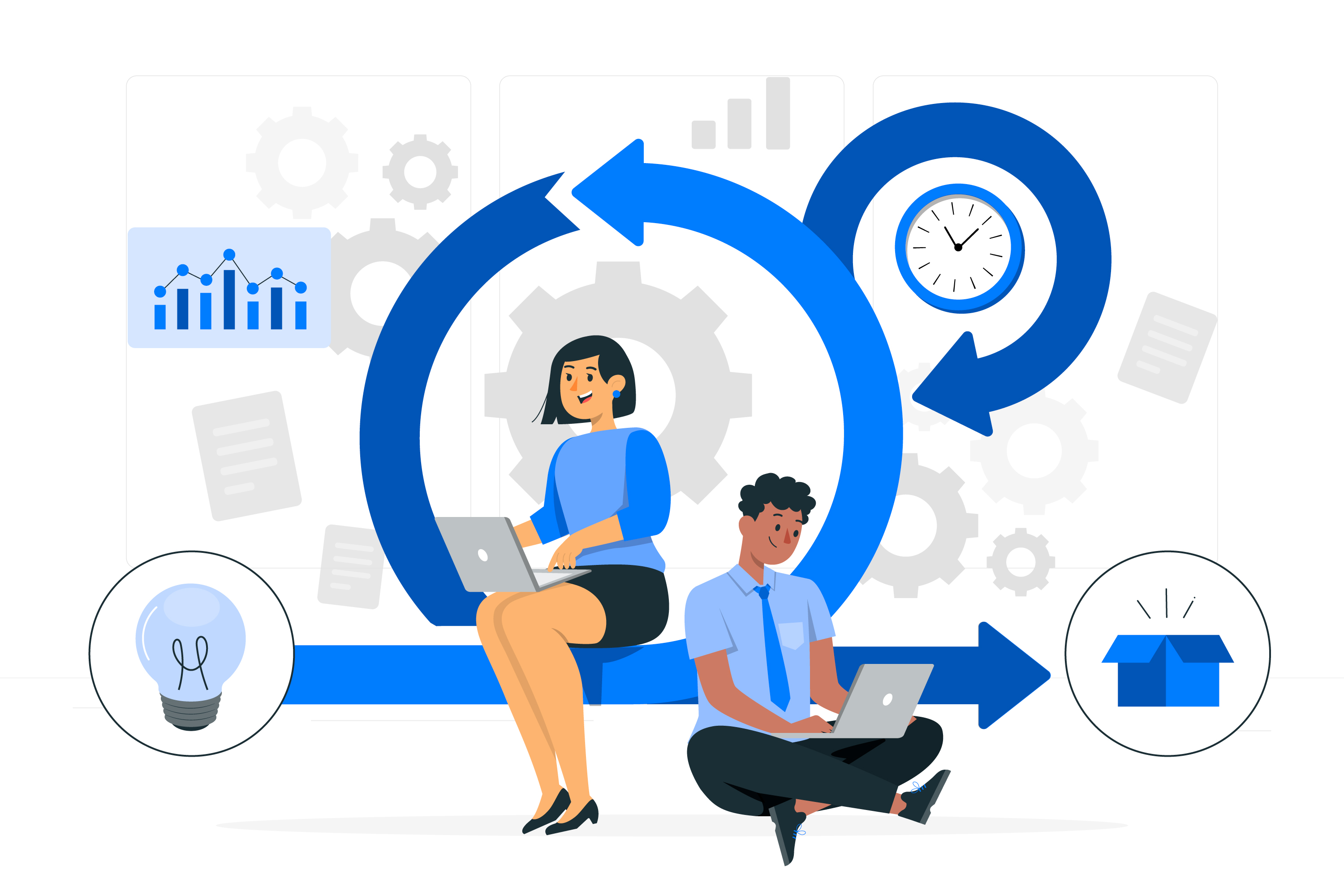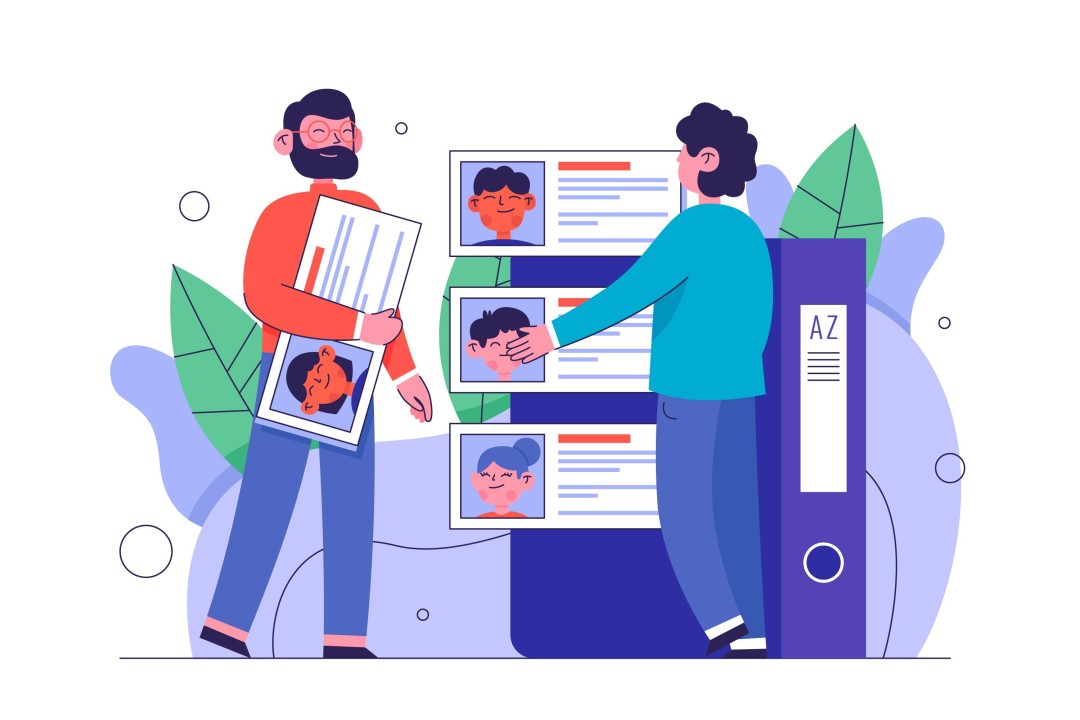
How can we help you today?
Registered Office
Infowan Technologies Pvt Ltd
Mumbai-401107. INDIA.
Contact Details
+91 98201 97205
+91 98201 26871
+91 98670 74415
support@infowan.net
info@infowan.net

In today's fast-evolving business environment, digital transformation is reshaping every department, especially Human Resources. If you're wondering what is HRMS, you're not alone. Understanding what is HRMS is vital for companies aiming to simplify and automate HR processes such as payroll, attendance, recruitment, and performance management.
This article dives deep into what is HRMS, exploring its full form, software uses, key features, and benefits. Whether you're new to HR technology or looking to upgrade your current system, this guide will help you understand what is HRMS in HR, its difference from similar tools, and how to choose the perfect HR software for your business needs.

To answer what is HRMS, it is essential to start with its full form: Human Resource Management System. An HRMS is a comprehensive software solution designed to manage all aspects of human resource operations in an organization.
Automates salary calculations and tax deductions
Tracks employee attendance and working hours
Centralizes all employee records and documents
Simplifies hiring and onboarding processes
Manages appraisals and career development
Schedules and tracks employee training

Automatic salary calculations and tax management
Clock-in/out and leave approvals
Portal for personal information and payslips
Goal-setting and performance reviews
Applicant tracking and hiring
Customizable reports and insights
Automates routine HR tasks
Self-service portals improve satisfaction
Ensures adherence to labor laws
Grows with your business
Provides workforce analytics
Reduces manual labor costs

Request a free demo from InfowanHR today!
Q1. What is the full form of HRMS?
Human Resource Management System
Q2. What is HRMS in HR?
A software system that automates core HR functions
Q3. What is HRMS software used for?
Automating payroll, attendance, recruitment, and performance management
Q4. Is payroll part of an HRMS?
Yes, payroll automation is a fundamental feature
Q5. What are key HRMS features?
Payroll, attendance, self-service, recruitment, and analytics
Q6. How does HRMS differ from HRIS?
HRMS focuses on automation while HRIS centers on data management
Q7. Can small businesses use HRMS?
Yes, scalable solutions like InfowanHR work for SMEs
Q8. Benefits of cloud-based HRMS?
Accessibility, scalability, security, and faster implementation
Best HR Software in India | Top HR Software in India | What is an HR System? | Online HR Management Software | Best Payroll Software in India | Employee Payroll Management System | What is a Payroll System? | What is Payroll? | What is HRMS? | What is HR Management? | 7 Roles of HRM | What is Human Resources? | Top HR Interview Questions | What is HR? | HR Analytics Explained | What is HR Compliance? | Human Resource Management Guide | Best HRMS System | HR Management System Software | HR Software for Small Business | Best HRMS Employee Self Service | What are the Functions of HRM | Functions of HRM | Human Resource Accounting | Difference Between HRM and HRD | Best HRMS Software in India | Top HRMS Software in India | HRMS Companies in India | What is 3rd party payroll | Payroll Software list | What is payroll management in HR